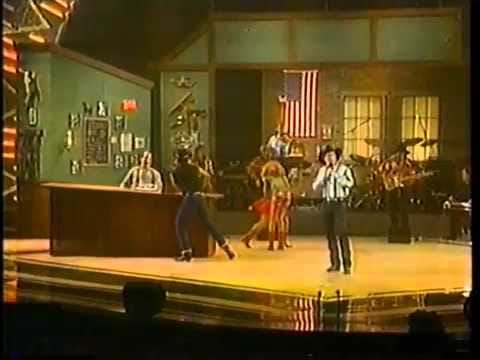Garth Brooks was the greatest country star of the late 20th century, and likely the biggest pop star of the 1990s, for all the right reasons. He broke a lot of traditions. He released conceptually consistent albums, rather than following the Nashville standard operating procedure of a few hits and filler cuts. He was widely known for his appreciation for, and adaptation of, the pyrotechnics of the rock shows he saw as a youngster in Oklahoma, such as those by Kiss and Meat Loaf.
How big was Garth Brooks? A website called Statista.com lists the most albums sold by artists in the United States through 2022. Brooks, with 157 million, is second to the Beatles (183 million) and ahead of Elvis Presley (139 million), Led Zeppelin (122 million), the Eagles (120 million), and Michael Jackson (89 million). The great majority of those sales were in the 1990s, before Napster broke the record business. Seven of Brooks' albums had multiple week runs on the Billboard Top Pop Albums list: It wasn't j…
Keep reading with a 7-day free trial
Subscribe to Critical Conditions by Wayne Robins to keep reading this post and get 7 days of free access to the full post archives.



